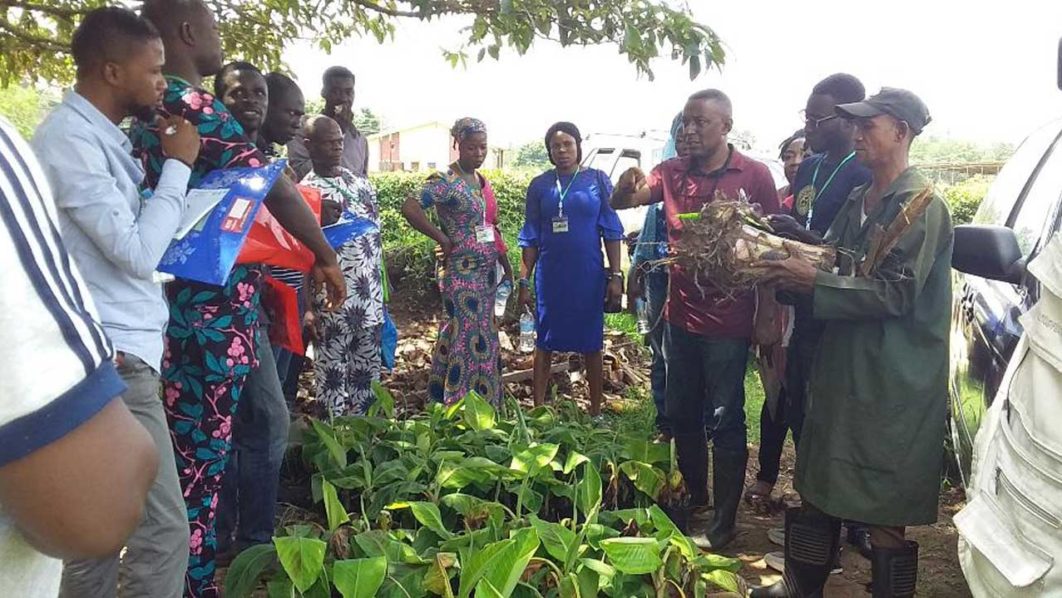
The National Horticultural Research Institute (NIHORT), in collaboration with Tomato and Orchards Producers Association of Nigeria, among others, are set to increase the production of tomato from 15 tonnes to 35 tonnes across the South-West zone of the country.
The aim is to reduce the usual high cost of tomatoes during the rainy period and the fact that the products hardly come in expected supply from the northern region because of rain.
Executive Director/Chief Executive Officer of NIHORT, Prof. Mohammed Lawal Atanda, who gave the promise, yesterday, while addressing farmers during yearly in-house research review and planning meeting organized by NIHORT in Ibadan, said that the Institute would work hard to reduce the wastage of food production in the country as part of the Federal Government’s determination to guarantee food security.
He said that since the Federal Ministry of Agriculture and Food Security and Agricultural Research Council of Nigeria (ARCN) gave NIHORT the mandate to conduct research into the genetic improvement, production technologies, processing, storage, utilisation, and marketing of tropical fruits, vegetables, spices, and ornamental plants of nutritional and economic importance, the Institute had made some remarkable achievements that could guarantee food production.
Atanda, who hinted that the Institute had produced and obtained a patent for tomato wine development, just as it has mango juice developed to minimise post-harvest losses during the peak season and shelf life evaluated using glass bottle and plastic bottle, noted that four different snacks had been developed from a combination of mango, ginger, and breadfruit; with marigold essential oil developed and found effective in the management of leafhoppers of okra, adding that post-harvest guidelines were developed for tomatoes to improve post-harvest handling and promote adequate processing techniques.
He said NIHORT has conducted a national survey of horticultural stakeholders to profile and map actors in the value chains. This will promote engagement with stakeholders in the horticultural value chains among others.



